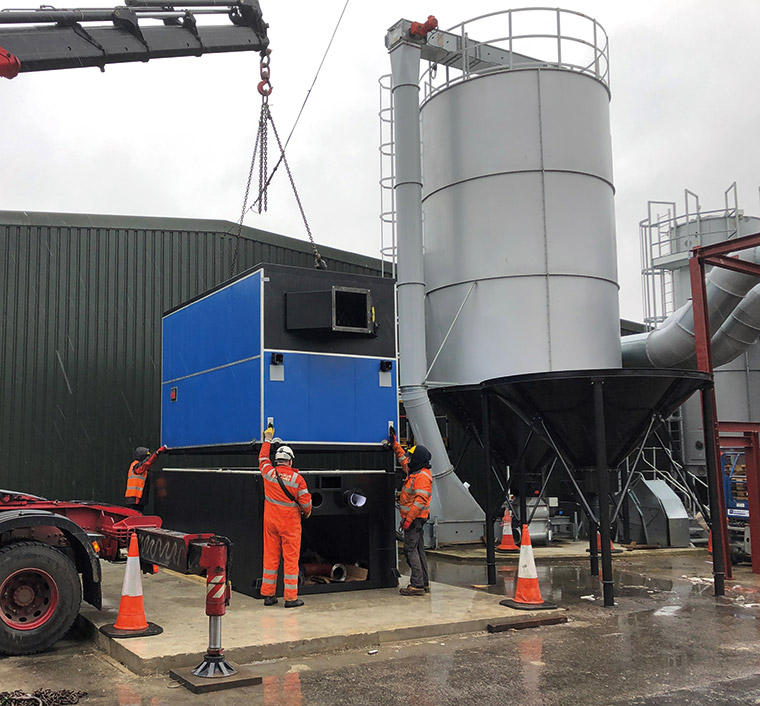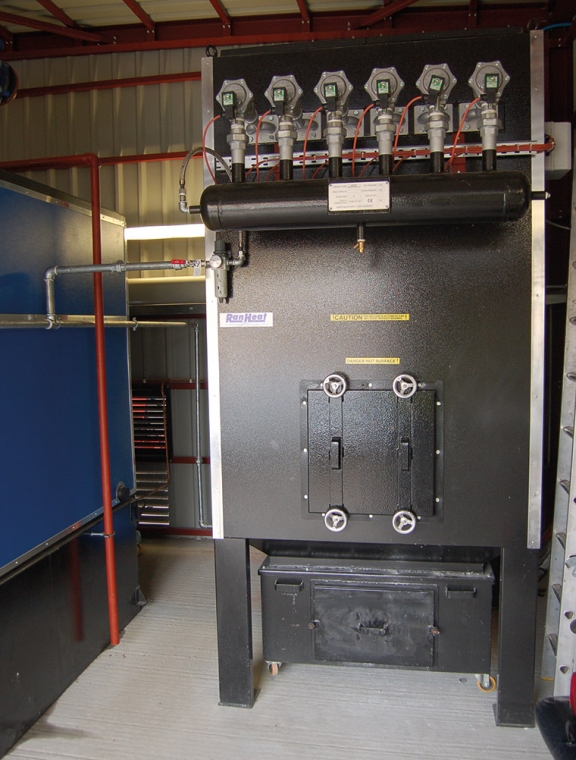The Renewable Heat Incentive (RHI) is due to close for new applicants on the 31st March this year. Without doubt, states Ranheat, the UK woodworking industry has received enormous financial benefits from the scheme.
At the moment, no replacement to the incentive has been announced by the Government – mainly due to the Covid-19 pandemic, which (rightly so) is taking precedence and putting the Government under financial pressure. Other than the financial benefits to the woodworking industry, what, if any, have been the benefits to the environment?
Hardly a day goes by without a reference to air quality in the newspapers and on national television, states Ranheat, with constant reference to particulate emissions and PM 2.5 particles.

The RHI had with it strict limits on particulate and NOx, and the main source of these is diesel engines, power generation and the use of fossil fuels. The strict particulate limits put the R&D department at Ranheat into overdrive – the limit went from 200mg/m3 to 60mg/m3.
Ranheat’s design of choice was the use of ceramic filter elements to remove as much of the airborne particulate as possible. So successful was the design, that the levels tested by independent test houses were consistently below 2mg/m3, almost totally removing particulate from the flue gasses.
The RHI effectively forced down the particulate emitted by wood burners, from 200 to 2mg/m3 – a massive achievement.
What else did the scheme do? It actively encouraged the installation of new, larger boilers to replace older, more polluting models with modern, low-emission and high-efficiency systems.
Once the scheme removed varying tariffs for different sizes of boiler, the industry expressed a preference towards larger outputs. Small, hand-loaded units are just not capable of these low emissions brought on by the use of ceramic filters, says Ranheat.

One of two 1750kW boilers installed on a 36-acre site during Covid-19
So, not only did the industry get a financial boost, but the whole country benefited from lower air pollution and cleaner air to breathe.
Covid-19 has made installation more difficult in the last year, with social distancing and new Covid-19-related restrictions in the workplace have bringing challenges which Ranheat has risen to.
The introduction of one-way systems, restricting access to certain areas to limit numbers, a two-shift working system and the construction of a new building all meant that the Covid year was a busy one for Ranheat, with the company installing almost 7.5MW of boiler power in installations – all fitted with ceramic flue filtration to ensure low environmental impact.








